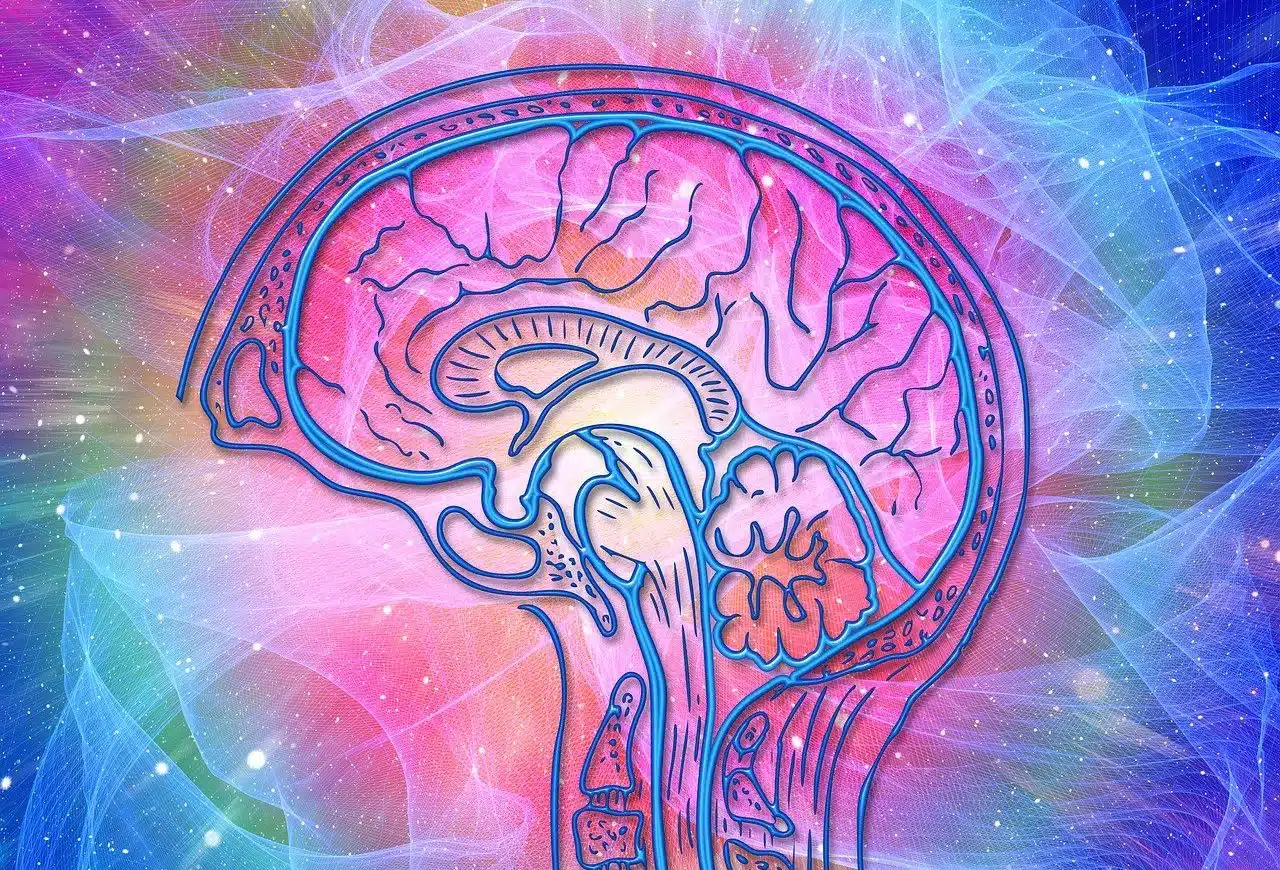
Conscientious objection arises from personal beliefs.
Conscientious objection is the failure to fulfill a task or obligation due to religious or ethical reasons . The situation occurs when a person feels that fulfilling the duty in question would violate their beliefs.
It should be noted that objection is a term from the Latin obiectio that refers to the challenge of a proposition or the reason given against a design. The idea of conscience , which comes from the Latin word conscientĭa , refers to the ethical or moral sense of an individual.
Characteristics of conscientious objection
Conscientious objection is a constitutional right recognized in various legislative frameworks. It is understood that the subject must have the power to act according to his or her convictions, acting autonomously as long as he or she does so within the limits set by law.
Conscientious objection is even often considered to be part of human rights or fundamental rights . This means that it is inherent to the dignity of people and that it is inalienable and inalienable .
Respecting the morals of others is part of the values of a democracy . By contemplating conscientious objection, it is possible not to impose moral principles on those who are alien to it, thereby accepting diversity.
Although there are nuances and differences according to the Constitution of each country, in a broad sense it can be indicated that conscientious objection is the right to fail to comply with an order when it violates intimate convictions, taking into account that said lack of compliance does not harm the good. common or impair the rights of third parties.

Legislation usually recognizes the right to conscientious objection.
From the individual to the social
Conscientious objection is born in the intimate forum of the human being. Its exercise implies a refusal to intervene in an action prescribed at a normative level when considering that said act is contrary to one's convictions and ideas .
With this rejection, the subject faces the social order . There is a collision between this effect of the citizen's freedom of conscience and the duty imposed on him externally.
For there to be harmony, therefore, a balance is required. Doctrine and jurisprudence must respect civil rights but attend to public needs.
Experts in legal issues maintain that the right to conscientious objection is applicable in individual and specific circumstances: a social conscience cannot be claimed to determine it nor can a new awareness of the subject be sought. The possible legal consequences for non-compliance with the obligation must be analyzed in light of the specific situation.

Sometimes, conscientious objection is linked to religion.
Conscientious objection in medicine
Medical conscientious objection is a recurring issue in the field of health. Practices such as abortion and euthanasia can cause an ethical dilemma for the professional who must provide their services.
It is common that, when reflecting on conscientious objection in this context, reference is made to the Hippocratic Oath . This is the name given to a commitment whose writing is attributed to Hippocrates and which is considered to be assumed by all medical graduates.
The original text of the Ancient Greek doctor refers to maintaining the "maximum respect for human life and dignity" , to respect the will of each patient and not to practice maneuvers that are contrary to the "dictates " of conscience. In the version adopted in the 1948 Geneva Convention , meanwhile, “absolute respect for human life” was specifically detailed.
If the Hippocratic Oath is taken literally, the practice of abortion is questionable depending on when life is considered to begin. That moment would mark the impossibility of proceeding with the action of terminating the pregnancy. Similarly, euthanasia implies ending life, something that the Hippocratic Oath does not strictly contemplate.
Thus, if a patient requests an abortion and said request is contemplated by law, a doctor should perform it. However, the doctor can appeal to conscientious objection and point out that the procedure goes against his principles . The same can happen with a request for euthanasia.
The concept in the military field
The concept of conscientious objection also usually appears in the military field. Sometimes, a person may refuse to comply with mandatory military service or ignore the government's call to join the armed forces, becoming a conscientious objector.
This is usually evident when a war breaks out and a country needs soldiers to fight. In pursuit of pacifism and promoting non-violence, a man can express his opposition to war and reject its call by sending a letter to the Ministry of Defense .
The case of the boxer Muhammad Ali is emblematic. In 1967 , Ali refused to fight in Vietnam with the United States Army, stating that because of his "conscience" he could not go and shoot poor people. For this decision, he was sentenced to 5 years in prison (which he avoided by paying bail) and his passport was taken away. He also lost his professional boxing license and was stripped of his championship belts.
After several appeals and protests, a Texas court ruled in favor of Ali in 1970 and a year later he was recognized as a conscientious objector by the Supreme Court of Justice , thereby freeing him from guilt and charges.
